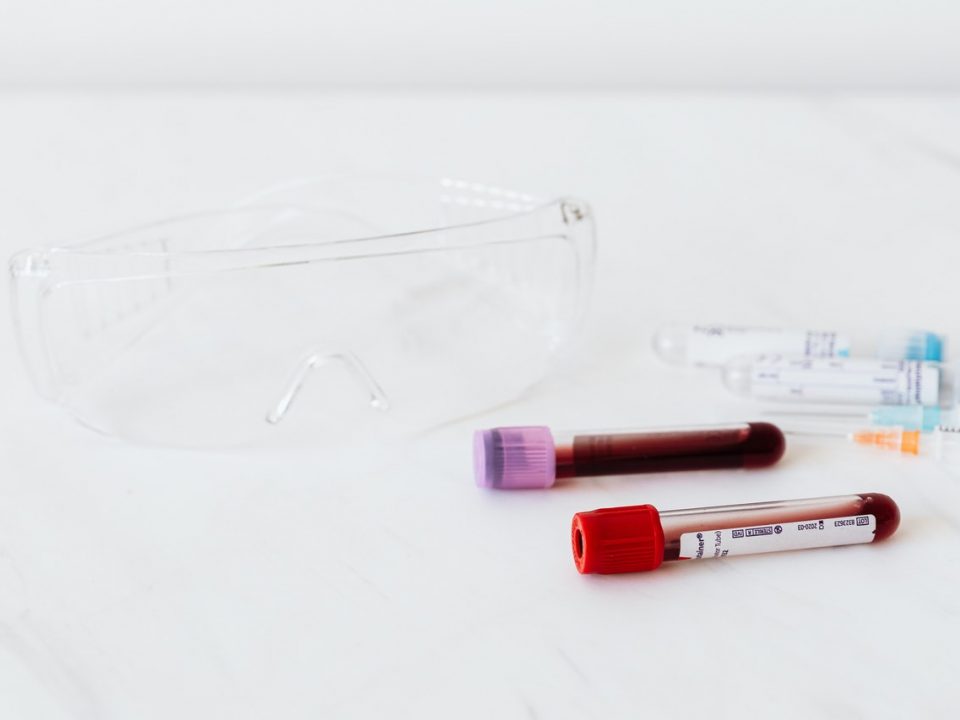James Nesbitt Talks Hair Transplants
A record number of cosmetic surgeries
 With the majority of Hollywood stars sporting perfectly white teeth it is no surprise that home tooth whitening kits are big business around the world. However although some of these tooth whitening kits give great results in the short-term they could leave your teeth dangerously damaged.
With the majority of Hollywood stars sporting perfectly white teeth it is no surprise that home tooth whitening kits are big business around the world. However although some of these tooth whitening kits give great results in the short-term they could leave your teeth dangerously damaged.
One of the safest ways to have your teeth whitening is to go via your dentist. However dentist tooth whitening treatments can often be quite costly so some people turn to home whitening kits.
There are a myriad of home tooth whitening kits on the market however some can seriously damage the enamel on the teeth and irritate gums. So which kits are best and which should you avoid?
Chlorine Dioxide
Some tooth whitening kits contain chlorine dioxide – the same chemical you will find in swimming pools. The whitening effect from these kits is caused by the tooth surface being etched. This destroys the tooth enamel causing sensitive teeth and possibly even the loss of the teeth in the long-term. The acid can also burn the gums causing pain and discomfort. Although the short-term gain is good, this treatment will actually leave your teeth even more discoloured. This is because once the enamel is damaged, the teeth are more exposed and this means they are more easily stained by food and drink.
Hydrogen Peroxide
Most home tooth whitening kits contain hydrogen peroxide. The hydrogen peroxide penetrates the porous enamel and oxidises the stains.
A common side effect is sore gums because the mouth guard is not a good fit to the teeth. If the hydrogen peroxide is too strong a concentration, it can burn the gums. In severe cases this will expose the tooth root, cause irreversible gum recession and tooth sensitivity. If you swallow a large amount of the chemical it can also burn your throat and stomach.
The legal percentage of hydrogen peroxide in UK kits it 0.1 percent. This percentage is fairly weak and means they probably won’t whiten properly. Some kits contain concentrations of around five percent and at these concentrations, the product can damage teeth.
Abrasives
Many toothpastes use abrasive ingredients to help whiten teeth. As long as the abrasive ingredient isn’t too strong this is fine. However if the product is overly abrasive it may remove some of the tooth enamel, permanently damaging your teeth.
Tooth Whitening Clinics/Salons
A wealth of tooth whitening clinics and salons have sprung up in the past few years. In the UK, the General Dental Council has received over 600 complaints about tooth whitening by beauty therapists in these clinics and salons.
The GDC classes tooth whitening as dentistry and therefore says that it is illegal for anyone who is not registered with them to perform teeth whitening procedures. These are currently ongoing High Court proceedings to determine whether tooth whitening done by unregistered therapists is legal or not. It should also be noted that the EU has investigated and believes that levels of carbamide peroxide of 6 percent or less are safe.
The occasional usage of home tooth whitening kits should not be a problem if used as advised. However repeated long-term use of whitening kits may cause irreversible tooth damage.




